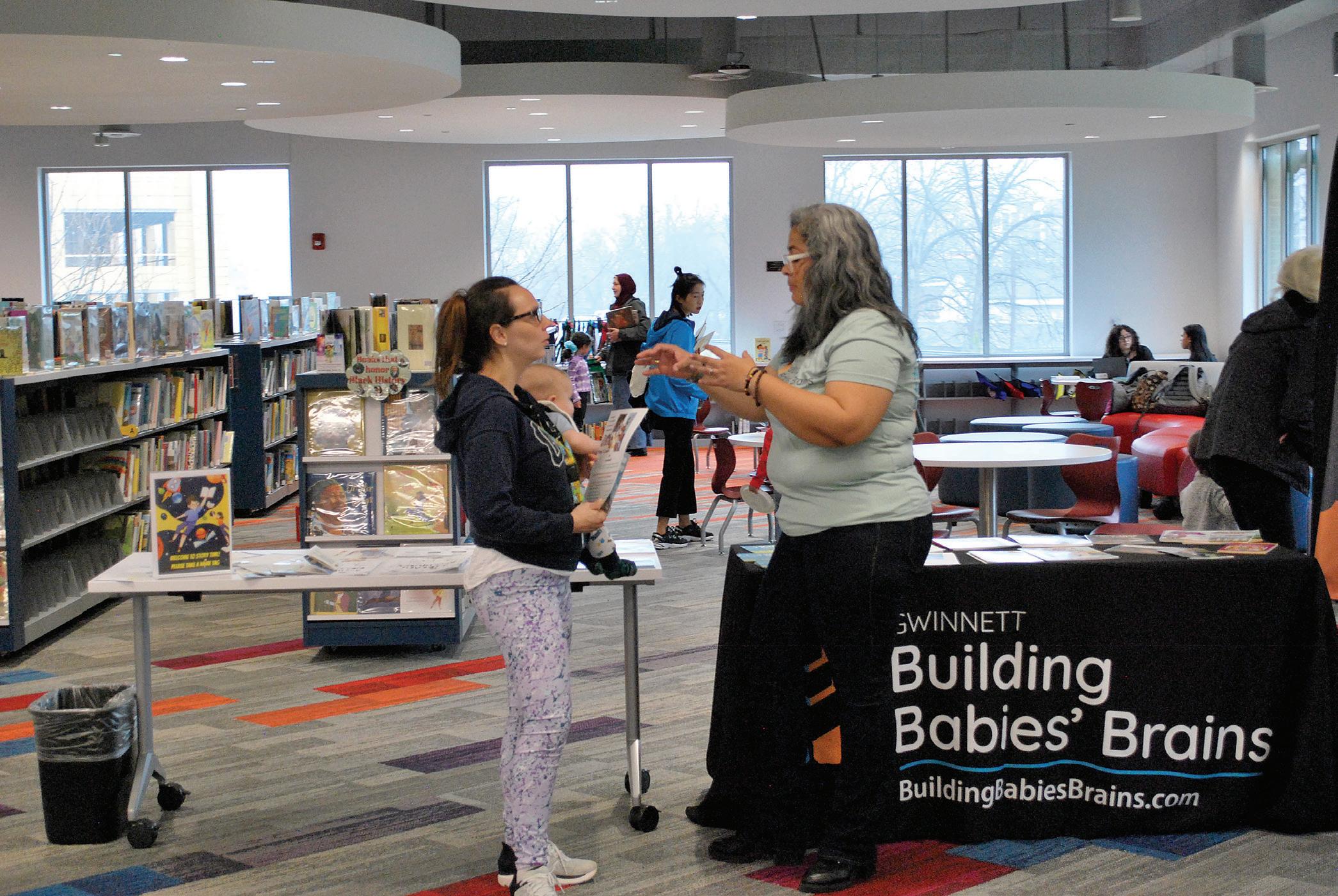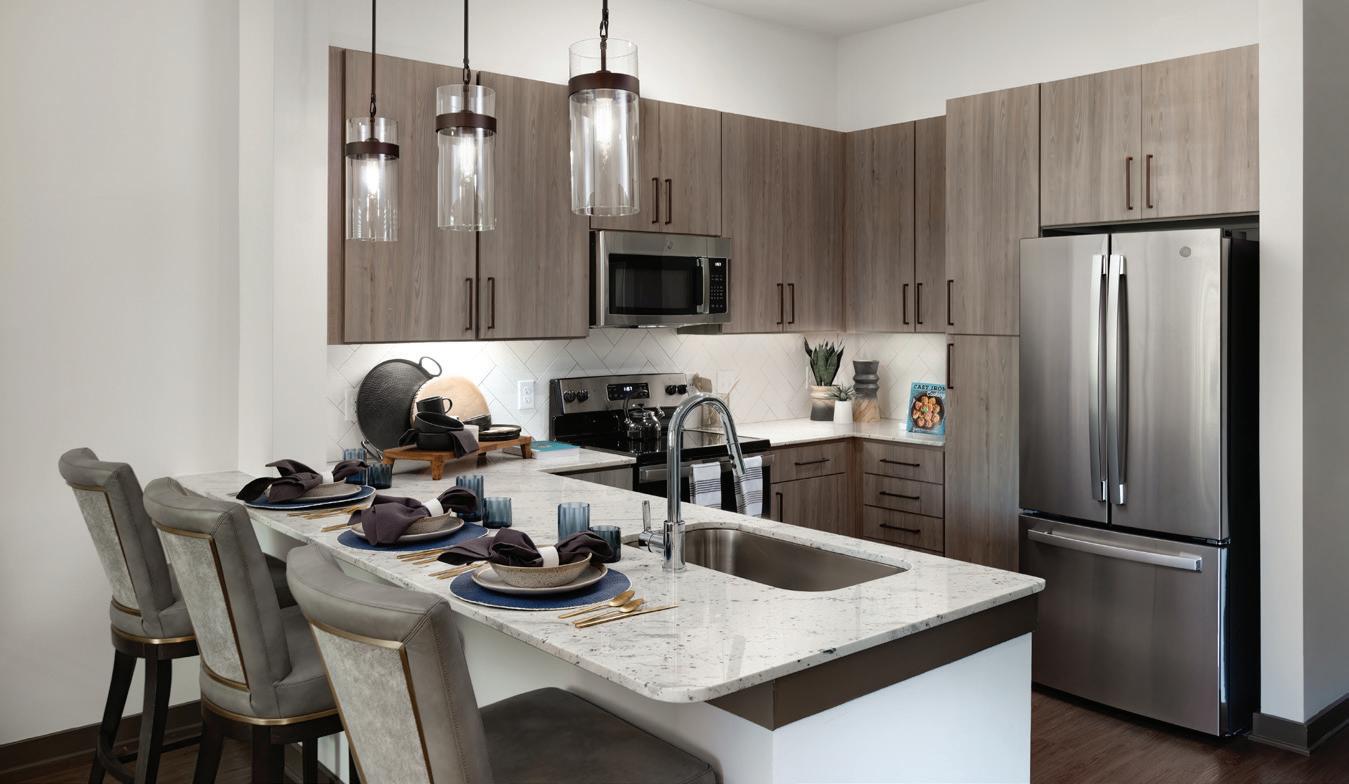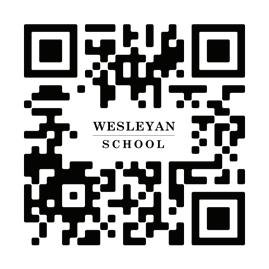
4 minute read
Never Too Early to Learn
Countywide initiative encourages parents, caregivers to get kids school ready as early as birth.
Words by Arlinda Smith Broady Photos courtesy of Gwinnett County Schools
Everyone pretty much believes in the adage that it’s never too late to learn. But a Gwinnett County Public Schools initiative has made it a mission to encourage parents, guardians and caregivers that it’s never too early to start learning.
Building Babies’ Brains has a strategy to ensure that all parents have access to the information and tools they need to be their child’s first and best teacher so that all children have access to high quality early learning at home or elsewhere.
It’s not a program or even something that’s exclusively part of Gwinnett County Public Schools, said Kim Holland, director of Early Learning and School Readiness.
“It’s not a GCPS thing, but we are the lead facilitators for it. We help bring everything together and make sure that the work continues to move forward,” she said. “It’s part of my daily work. And GCPS has been a great partner in terms of allowing me to give a lot of my time to this external initiative that we have around kindergarten readiness and making sure that children are ready to thrive in kindergarten.”
Learning how to learn
Schools have what they call a Kindergarten Readiness Index that determines if children come to school prepared to learn and what they already know. In Gwinnett County, the largest school district in the state, nearly half of kindergarteners arrive on the first day with no clue how to be a student. So, part of the job of educators is getting kids prepared to be educated.
“Within our early learning and school readiness group, we have several different buckets of work,” said Holland.
A few years ago, her department launched a program called “Play to Learn.” It took place within the school and invited pre-kindergarten children and their parents to see how things like playing with blocks, partaking in story time and tracing letters in sand or shaving cream could help develop the desire to learn.
And while it may sound simple, getting parents to engage infants and toddlers can be a complicated concept, but most find ways to make it work once they understand it.
That’s where people like Beth Richard come in. As a parent engagement specialist with Early Learning and School Readiness, she’s also a Building Babies’ Brains (BBB) ambassador.
“Not only do I get to work with the school system, but I also get to go out and meet with the community and meet partners and build partnerships so that we can meet more parents,” she said. “I also get to work as a Gwin- nett County Public Schools teacher expert and go out with Building Babies’ Brains to implement what we call ‘Impact Labs,’ which are like workshops for parents.”
BBB has done a few labs with the Gwinnett County Public Library System and is looking for other groups to partner with, anywhere parents with small children are.
Stacey Lord is the coordinator for Early Learning and School Readiness.
“I am the one who gets to coordinate the external programming piece with Gwinnett Building Babies’ Brains. I sort of have two hats,” she said. “I support school system early learning, but I get to switch my hat over and really help facilitate …the work out in the community.”
There is an entire army of parent engagement specialists and community outreach liaisons. Their jobs are to engage with the community and teach everyone in Gwinnett County about the importance of early learning and ensure that families who have early learners, aged birth through 5, have access to high quality early learning programming.
How do you build a baby’s brain?
The concept isn’t as daunting as it sounds. “Kindergarten readiness is a problem in our county. Only 46% of kids are coming to school ready, and that’s across the county — everywhere in Gwinnett. Our ambassadors want parents to know what they can do to support their children toward kindergarten readiness,” said Holland.
“We know, through lots of great neuroscience research that a baby’s brain is being built at an amazing rate when they’re born,” she continued. “By age 3, 80% of that foundation is al- ready built. So, by the time they get to the schoolhouse door at 5, 90% of those foundations are already there.”
Holland explained that it’s important that BBB gets parents to understand the importance of early learning and show them how to engage with their child to make sure they’re building their brain right and getting ready for kindergarten.
BBB doesn’t create curriculum or present programs. It’s more of a clearinghouse where parents can find library story times and “Play to Learn” program sites, as well as the locations of “Great Little Minds” book boxes scattered throughout the county.
The library system, Community Services, Parks and Rec, politicians and board members, the faith based community and local higher ed institutions, as well as a representative pediatrician, lots of nonprofit leaders and Early Learning Center leaders all come together with the common goal of preparing kids for kindergarten.
“We are a group of volunteers that comes together in a working group environment to tackle the problem of kindergarten readiness,” said Lord.
Empowering parents
All three women stressed that BBB isn’t about parent shaming.
If parents don’t have access to many of the resources, there are still things that they can do. Talking to them, singing to them or reading to them will stimulate their brains and make them want to learn more.
“I think parents, especially new parents, have this guilt factor,” said Richard. “Then some people [think we’re implying that they are a] bad parent.”
But the goal isn’t to cast blame.
“We talk about this all the time,” said Holland. “When you left the hospital, they gave you some information on feeding and some information on how to put the car seat in your car, but they didn’t give you any information on how to be your child’s first and best teacher. Right?”
Most parents haven’t gone to school to learn how to be educators, but they are their children’s teachers.
“We’re just helping build your toolkit. So, we call it that,” said Holland. “If you want to work on something on your house, you go to the home center and you get whatever you need and you put it in your toolbox to use. That’s what we’re trying to do.”
Find more info on Building Babies’ Brains at buildingbabiesbrains.com.##












